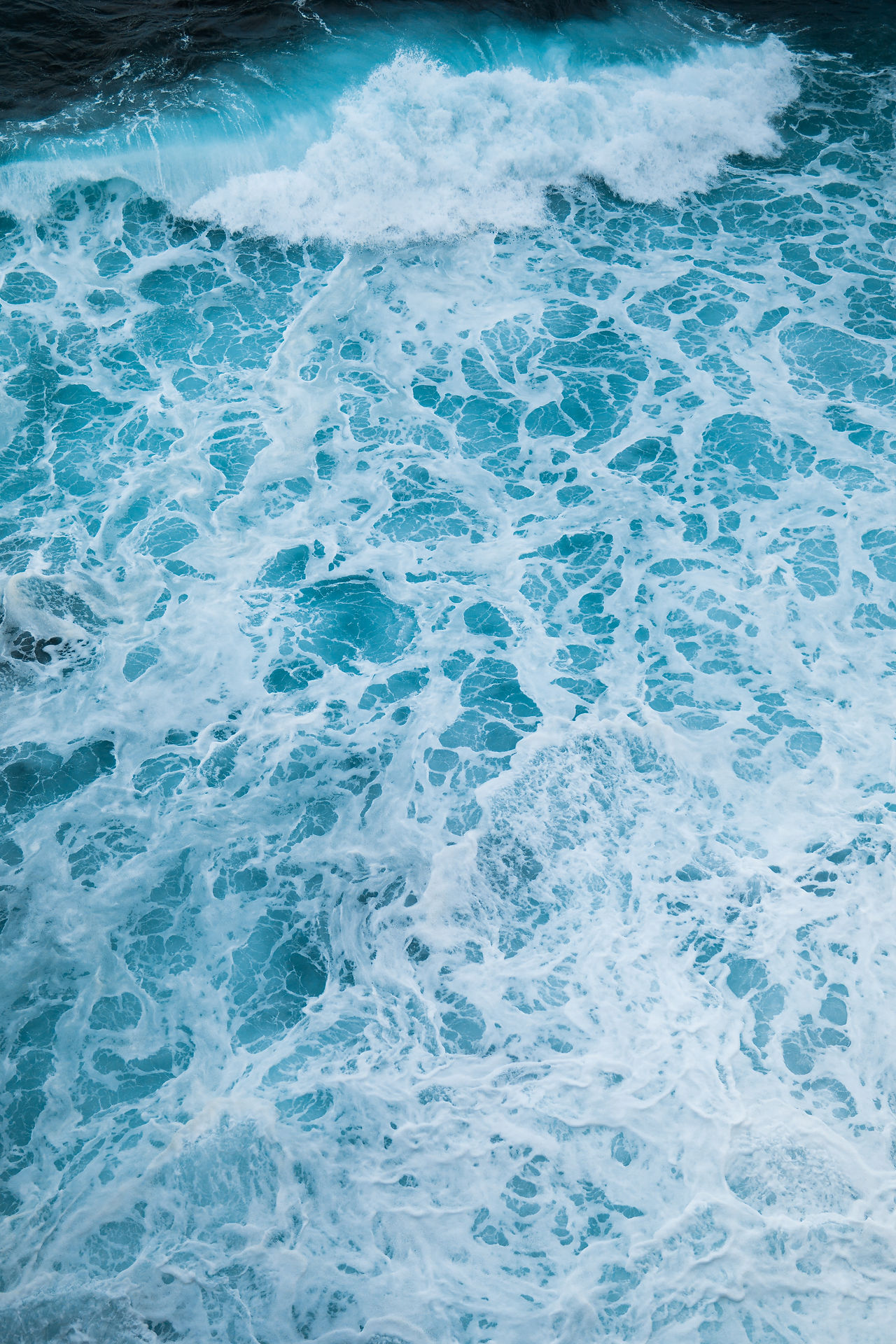

Pool Sanitation Methods
1. Traditional Chlorine Pool

Chlorine systems are the “traditional” pool systems. They use chlorine alone to treat and disinfect your water. This is the most common form of sanitation and is widely available and relatively cheap prices for sanitation. Works as a residual sanitizer, meaning it works for a long time after it’s added to water. Some may find the chlorine treated pools to have an effect on sensitive skin. All pools come standard with the chlorine sanitation method. Upon request a salt system or mineral system can be added to any pool.
2. Salt Systems
Saltwater systems are another common type of pool system. They use salt treatment that is converted into a “chlorine-like” system that relies on less chlorine. Saltwater pools are not chlorine-free. Slightly less maintenance compared to chlorine systems. Those with sensitive skin tend to do better in saltwater or mineral water pools with less chlorine. Saltwater could be corrosive to some pools (eg. pools with heaters and steel pools). Note: even with salt systems pH, alkalinity, stabilizer levels all still need to be balanced. *Salt system in image does not represent a salt system that is ordered through us, it is just being used as a model*


3. Mineral Systems
Mineral systems are another widely used type of pool system (and our personal favorite!). This is a low chlorine alternative in pool sanitation. Mineral pools add additional minerals to your water (usually including magnesium chloride, sodium chloride, and potassium chloride). These minerals work together to keep your pool clean and help battle algae and bacteria, among others. Using the mineral systems reduces your need for chlorine by about 50%. Slightly less maintenance compared to chlorine systems. Those with sensitive skin tend to do better in saltwater or mineral water pools with less chlorine. Note: even with mineral systems pH, alkalinity, stabilizer levels all still need to be balanced.